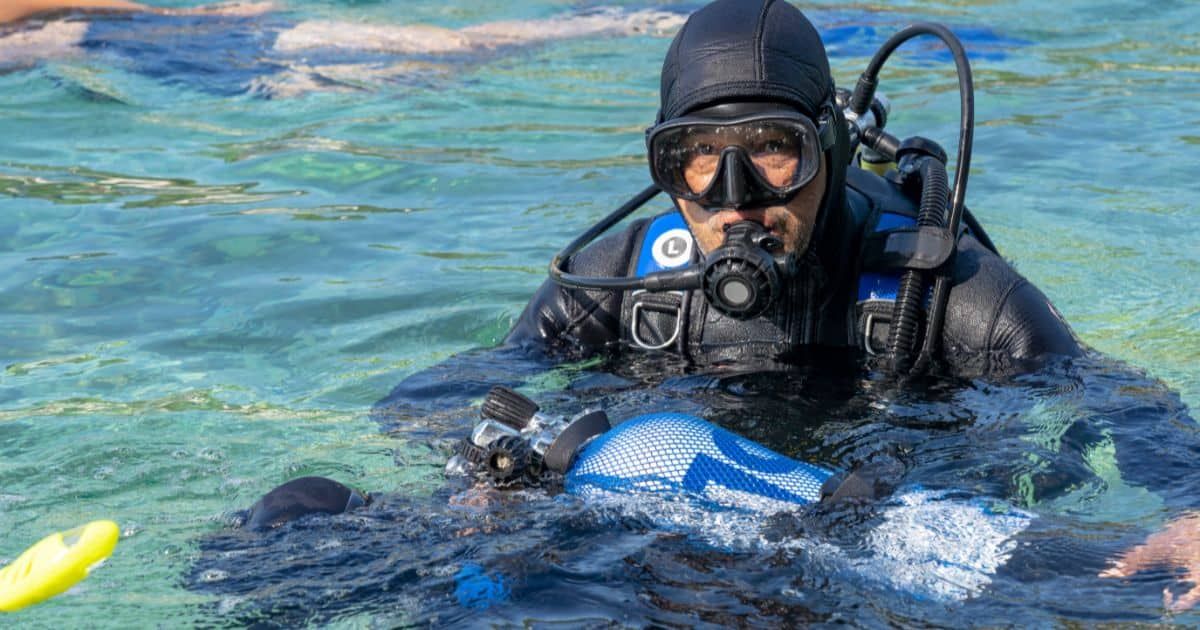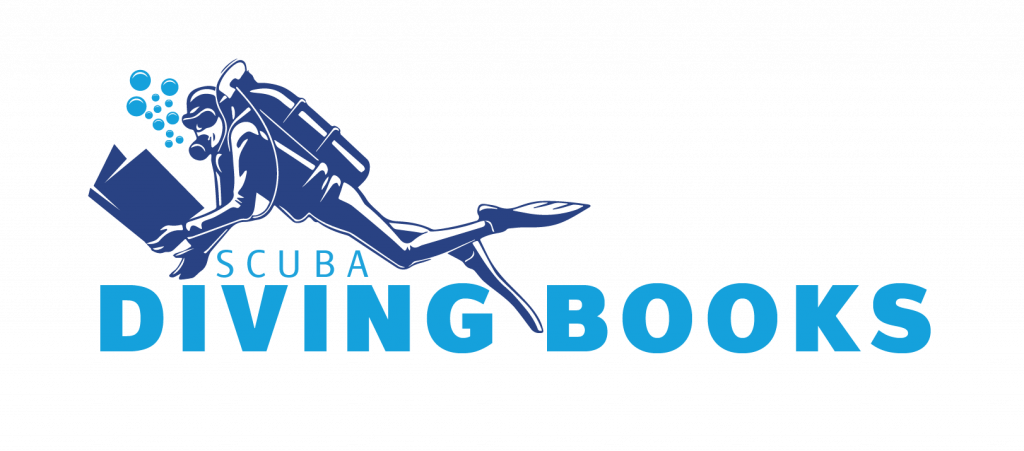Entering the scuba diving industry and becoming a dive professional can be a great career choice. But to be successful in the dive industry, you may need advanced diver certification. To get started, you need to know all the steps required to become a dive instructor.
Knowing things like the dive theory exam requirement and the core courses and specialty courses needed to become a scuba instructor can help you better prepare for the journey ahead.
Here, we’ll give a brief rundown on how to enter the business of diving and make yourself attractive to potential employers!
Understanding the Dive Business
On the road to learning how to become a dive instructor, one of the most important diver training organizations in the country that you need to know is PADI.
More formally known as the Professional Association of Diving Instructors, getting an instructor certification with this organization can be a huge diving career break.
Because of how well recognized it is, any PADI professional or PADI pro will be regarded over any diving instructor who hasn’t received their extra training.
That being said, even experienced instructors will tell you that the dive industry can be an amazing, fun adventure. But it takes hard work and extensive additional employment training to reach the instructor level.
If you want to fully get into teaching scuba diving and eventually build up your instructor ratings, here’s how to get started.
How to Become a Dive Instructor

Before registering for a 10-day or 40-week course to become a deep dive instructor, the first thing you need to confirm is that this lifestyle suits you.
If you’re sure that it does and you’re willing to receive the teaching experience needed to pass any instructor evaluation, there are five things you need to have ready.
Requirements for Becoming a Dive Professional
- You must be at least 18 years old. There’s no existing upper age limit.
- You must be a certified Divemaster.
- You must have at least 100 logged dives to your name.
- You must have sufficient funds to cover the advanced courses, additional courses, and course materials needed for the program.
- You must successfully pass the Instructor Evaluation Examination.
If you’re an average person or an entry-level diver just starting, you’ll likely need to get these requirements from scratch. However, if you’re an experienced water diver who’s visited several dive sites in the past, you may already have a number of these criteria.
We’ve observed that water divers who take more specialty courses once they’ve reached the Advanced Open Water level tend to have more successful careers and an easier time in any training agency.
So, this might be a good route to follow for people who want to change their employment status and become full-time instructors that earn a more than reasonable household income in the dive business.
This brings us to our next point: after managing to complete prerequisite courses, teaching courses, and even a few additional tech diving courses, how much can you expect to take home in a fiscal year?
Let’s find out!
Income Potential for a Professional Scuba Diving Instructor
The scuba diving and resort industry are remarkably similar to other industries. Factors like specification, experience, and the presence of additional instructor credentials can influence the pay of scuba jobs.
For example, a recreational scuba diving instructor with basic teaching skills and aid skills can earn anywhere between $15,000 to $25,000 a year, depending on the income per student and how many hours they work.
On the other hand, tech diving instructors can easily double that figure in the same timeframe.
The diving and resort industry tends to pay current tech diving instructors more because, as considerably more advanced divers, the work they do is more challenging. Also, the income that tech diving instructors earn is higher because it takes more training time and financial investment to become a technical diving instructor.
How Long Does It Take to Become a Diving Instructor?

How quickly you can start your diving career depends on two factors. The first is the number of resources at your disposal, and the second is your current experience level.
Because of this, it can take anywhere from a couple of weeks to a few years before you can secure your professional instructor certification as a diver.
But, on average, it usually takes about six to eight months for an entry-level diver.
While powering through the learning courses can be a strong appeal to people, we encourage new entrants to pick up the necessary dive skills at their own pace.
Sure, learning as fast as you can isn’t a bad thing, but it’s more important to make sure that you have all the skills needed to take care of your students as an instructor first.
Air emergencies or the need for sudden oxygen administration can occur at any time during your active teaching status. Taking the time to gain actual guide experience can help you deal with that kind of pressure and make the right moves, should the need arise.
Pros and Cons of Becoming a Scuba Dive Instructor
Now that we’ve covered the basics of what it entails to join the ranks of elite PADI instructors, let’s look at the pros and cons of making this career choice.
Pros of Being a Qualified Instructor
Apart from helping you spend lengthy quality time in the water and meeting some amazing people, diving career development centers help you find work almost anywhere. As such, these career options make it easier to earn income globally.
Also, provided you do your job right, certification and accreditation agencies will offer you a measure of coverage if an accident happens on the job and legal problems come up.
You also get access to a very active community filled with people who share your passion for diving.
As a dive professional, you’ll also be entitled to a lot of deals and discounts on different kits and gear.
Cons of Being a Dive Instructor
Before you go down the path of dive instructor development, you should know that it can get physically and mentally challenging at times.
In addition to this, you’ll need to invest a lot of time and resources before you’ll be able to reach a level where you’re able to start teaching scuba diving. What’s more, you may need to acquire additional instructor credentials and assessment skills to stay relevant.
Another problem you’ll have to deal with is the seasonality of the job, especially when you’re still new to it. Lastly, every dive carries an untold amount of risk to you and your students, which you need to be prepared for.
Bottom Line
Now you know how to become a dive instructor and the ups and downs to expect in such a career.
When it’s all said and done, a career in scuba diving can be truly rewarding and fulfilling. You just need to make sure you understand what’s required and you’re fully prepared for what’s ahead.
If you want to make sure you get off on the right foot, you can leverage some of the scuba diving resources here!
